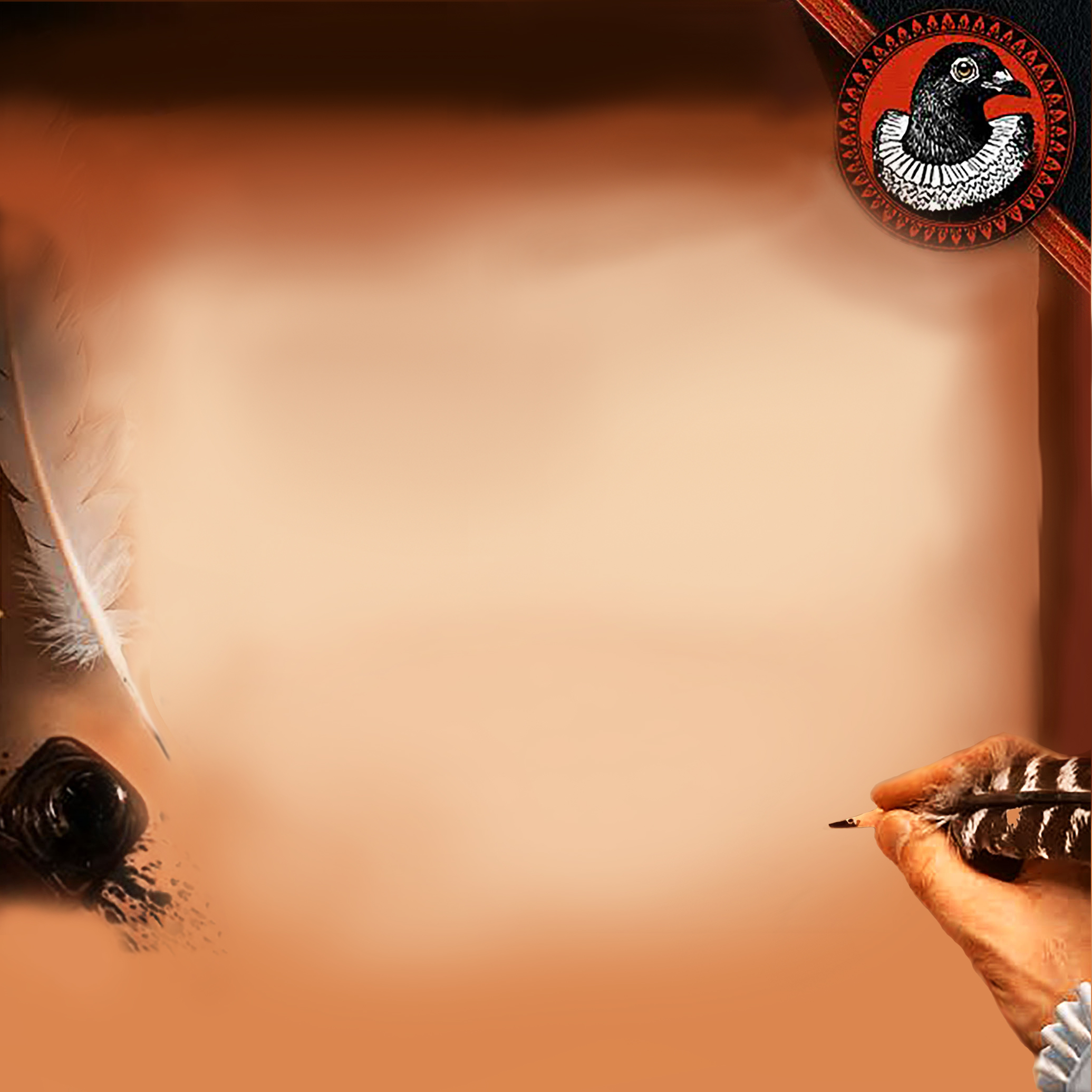Our year of enforced solitude has driven increased rates of depression and mental illness, and it is likely that suicide rates have risen as well, although hard data has not been compiled yet. 2018 is the latest year for which that information is available, and we lost over 48,000 souls in the U.S. to suicide in that year. We’ll know in time what the death toll for 2020 is, but all indications are it will be higher. (Japan, which does compile up-to-date numbers, has seen a rise of over 25% for the year, and over 70% for young women.)
Hamlet, who gave us a famous speech that is our most resonant reflection on self-annihilation, could relate to our current ills – he himself suffered from the same sense of confinement:
Hamlet: “What have you, my good friends, deserved
at the hands of Fortune that she sends you to prison hither?”
Guildenstern: “Prison, my lord?”
Hamlet: “Denmark’s a prison.”
Rosencrantz: “Then is the world one.”
Hamlet: “A goodly one; in which there are many confines, wards, and
dungeons, Denmark being one o’ th’ worst.”
Rosencrantz: “We think not so, my lord.”
Hamlet: “Why, then ’tis none to you; for there is nothing either good
or bad but thinking makes it so. To me it is a prison.”
Many of our children, staring at computer screens during their online classes, barred access to their friends, sentenced to a full year of banishment from their playing fields, must sympathize. And for some it may prove too great a burden.
Hamlet’s famous claim that there is nothing good or bad but thinking makes it so, by the way, should not be confused for Shakespeare’s own thinking on the subject. The bard is not so easily bearded. But back to the scene, where Hamlet’s childhood friend Rosencrantz raises a predictable objection, which Hamlet dismisses:
Rosencrantz: “Why, then your ambition makes it one. ‘Tis too narrow for your
mind.”
Hamlet: “O God, I could be bounded in a nutshell and count myself a
king of infinite space, were it not that I have bad dreams.”
Bad dreams, like the shared nightmare we’ve been enduring that’s commonly known as 2020. Well, with the subject Hamlet and suicide, there’s no point delaying the main attraction – his great speech. Just remember, Hamlet is considering death as an option because his father’s ghost told him he was murdered by his uncle, who usurped the throne. As the crown prince, Hamlet can get away with a lot, but he can’t kill the king without bringing a death sentence down on himself in the process.
Oh, and here are the Elizabethan terms you’ll need: This mortal coil evokes a snake shuffling off its coiled skin as it grows. There’s the respect… means something like “There’s the aspect of life that makes it a calamity;” contumely means insolence or ridicule; a bodkin is a knife; fardels are logs; bourn means stream; and with conscience Shakespeare is saying our conscience tells us not to kill ourselves even when these other grim arguments favor the idea; and orisons are prayers.)
Hamlet: “To be, or not to be – that is the question:
Whether ’tis nobler in the mind to suffer
The slings and arrows of outrageous fortune
Or to take arms against a sea of troubles,
And by opposing end them. To die – to sleep –
No more; and by a sleep to say we end
The heartache, and the thousand natural shocks
That flesh is heir to. ‘Tis a consummation
Devoutly to be wish’d. To die – to sleep.
To sleep – perchance to dream: ay, there’s the rub!
For in that sleep of death what dreams may come
When we have shuffled off this mortal coil,
Must give us pause. There’s the respect
That makes calamity of so long life.”
For who would bear the whips and scorns of time,
Th’ oppressor’s wrong, the proud man’s contumely,
The pangs of despis’d love, the law’s delay,
The insolence of office, and the spurns
That patient merit of th’ unworthy takes,
When he himself might his quietus make
With a bare bodkin? Who would these fardels bear,
To grunt and sweat under a weary life,
But that the dread of something after death –
The undiscover’d country, from whose bourn
No traveler returns – puzzles the will,
And makes us rather bear those ills we have
Than fly to others that we know not of?
Thus conscience does make cowards of us all,
And thus the native hue of resolution
Is sicklied o’er with the pale cast of thought,
And enterprises of great pith and moment
With this regard their currents turn awry
And lose the name of action. – Soft you now!
The fair Ophelia! – Nymph, in thy orisons
Be all my sins rememb’red.”
Hamlet seems to find two rays of hope in his moment of darkness. One is his love for Ophelia, and the other is the sterner admonition that comes from his conscience. He actually explains this elsewhere in the play, when he says, “O that the almighty had not fix’d his canon against self-slaughter!” Canon means law, and Hamlet regrets, but accepts, that God in His love for each of us has forbidden suicide – and with very good reason.
I write this blog in the hope that, especially in times like these, the classics, and Shakespeare chief among them, can keep us connected to the highest and best in Western culture, to gather strength for the road ahead.
